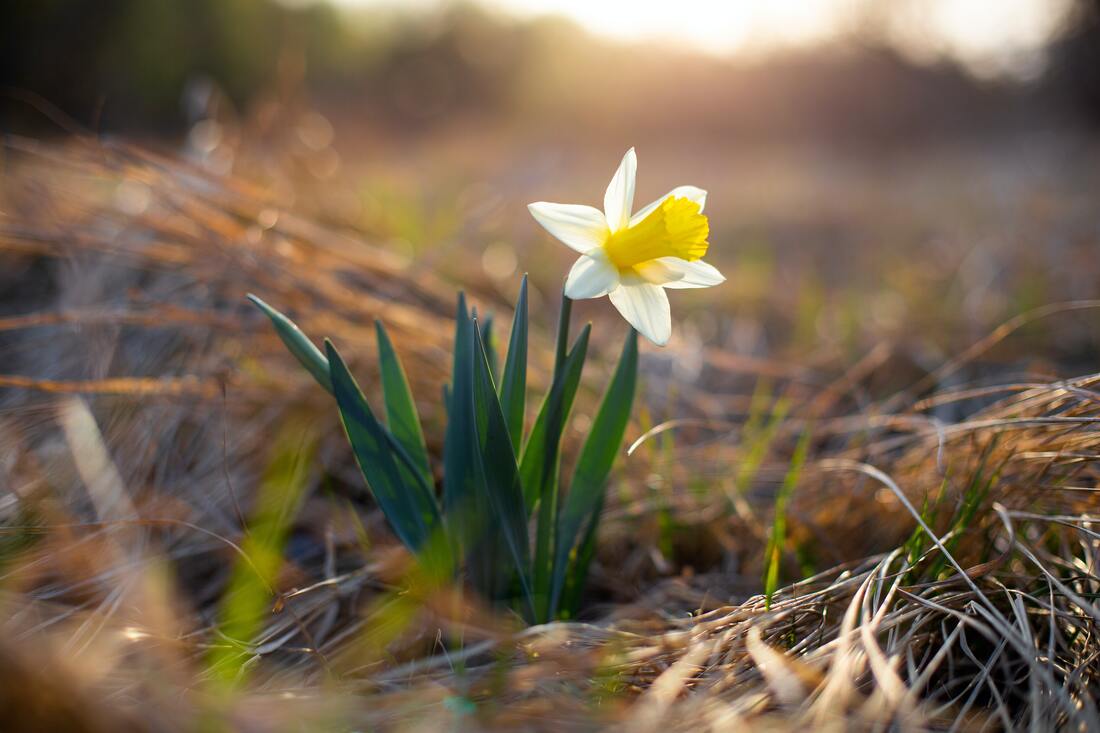
Photo by Михаил Павленко on Unsplash

In the "Autobiographical Notes," Whitehead asserts that he was acquainted with Wordsworth before he arrived at the university in 1880. In secondary school he read Wordsworth and Shelley during spare time. This acquaintance with Wordsworth, Shelley, and Coleridge becomes apparent through a consideration of the different passages in which they are mentioned. In Principles of Natural Knowledge he cites some lines from Wordsworth (PNK 200); in Process and Reality he quotes Wordsworth’s well-known phrase: "We murder to dissect" (PR 140/212). In Modes of Thought he suggests that he read Coleridge’s Biographia Literaria. But the most important rendering of the romantic poetry we find in Science and the Modern World. Let us therefore confine our investigation to the latter text, in order to see clearly Whitehead’s view on romantic poetry.
At the end of Chapter V, "The Romantic Reaction," Whitehead summarizes the significance of Romantic poetry: "I have endeavored to make clear . . . that the nature-poetry of the romantic revival was a protest on behalf of the organic view of nature, and also a protest against the exclusion of value from the essence of matter of fact." Here, Whitehead stresses the importance of the romantic concept of nature. That concept entails, according to the above quotation, two characteristics: (a) the organic view on nature and (b) the understanding of nature as exhibiting an intrinsic value-character.
Whitehead elucidates the former aspect as a (romantic) reaction against the mechanical, 18th-century scientific view on nature, whereby nature is reduced to mere abstract matter, devoid of any form of subjectivity. As to the latter aspect, Whitehead argues that the English romantic poetry "bears witness that nature cannot be divorced from its aesthetic values." This means to Whitehead that nature, in the first place, has to do with experience, but above all with the experience of value. Both aspects of the concept of nature in romantic poetry exhibit two dimensions of one and the same intuition namely, that of the fundamentally subjective character of nature. This subjective character has to be understood as the ever-acting ground, involved in any particular instance of nature:
Whitehead’s comment on English poetry in general, and his evaluation of the Wordsworthian poetry more specifically, shows that the most valuable contribution of that poetry consists exactly in this articulation of the concept of nature. This statement can be sustained through a closer study of the similarity in concept, principles, and elaboration of Wordsworth’s and Whitehead’s view on nature.
In Wordsworth we can find the stress on the organic pattern of nature. Moreover, while interpreting its value character, we are impelled to look at nature as an agent to be qualified as subjective. Finally, the concept of an ever-acting ground which is involved in and finds expression through all particular instances of nature allows us to envisage here in nuce Whitehead’s own principle of creativity. Hence, we can conclude that if there has been an influence of Wordsworth on Whitehead at all, it will have to do with his concept of nature. I would even claim -- but this has to be investigated later on -- that the particular synthesis of the concept of nature with aesthetics in Whitehead is almost completely Wordsworthian.
|
|
|